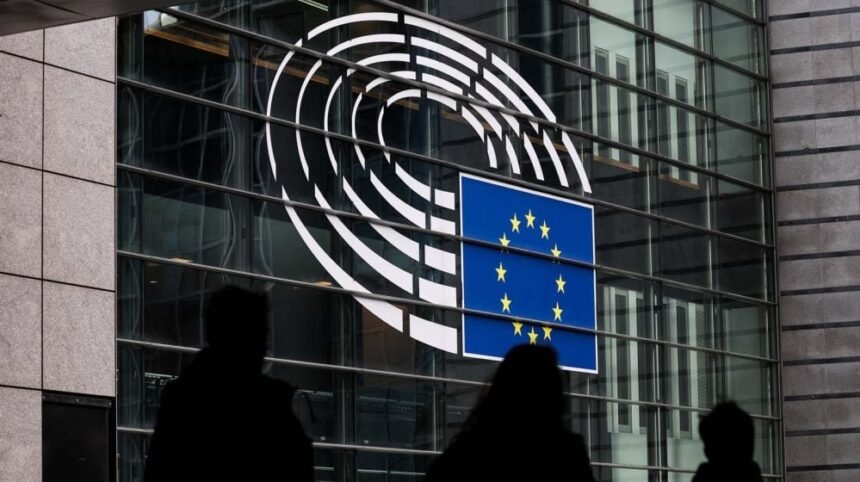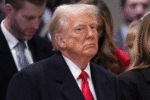The European Parliament today voted to establish a working group to examine the funding of non-governmental organizations (NGOs) from the European Union budget. This decision marks a significant victory for right-wing political groups.
The proposal, submitted by the European People’s Party (EPP) and supported by the conservative European Conservatives and Reformists (ECR) group and the far-right Patriots for Europe (PfE) group, is the latest in a series of attempts by the European right to increase scrutiny over NGOs.
The Socialists and Democrats (S&D), liberals from Renew Europe, the Greens, and the Left voted against the formation of this working group.
Right-wing groups across Europe have increasingly expressed concerns that NGOs are using funds from European sources to lobby for stricter regulations in areas such as environmental protection and health.
Shift in European Parliamentary Alliances
The outcome of today’s vote indicates the EPP’s growing willingness to cooperate with right-wing political parties, moving away from the centrist coalition that has long dominated European politics. This shift points towards a new, informal right-wing coalition, which some are calling the “Venezuelan majority.”
The EPP announced that the working group will investigate grant agreements awarded by the Commission to NGOs. The idea for this oversight body originated when EPP MEPs on the budgetary control committee accused the European Commission of funding NGOs to lobby on its behalf in Parliament.
An investigative committee is a special parliamentary body established to investigate serious allegations of EU law violations. Such committees are very rare and have been formed in cases like the “Panama Papers” scandal and the “Pegasus” spyware scandal. In contrast, a working group is an ad-hoc body that operates within an already existing committee that oversees the expenditure of the European Commission’s budget.







